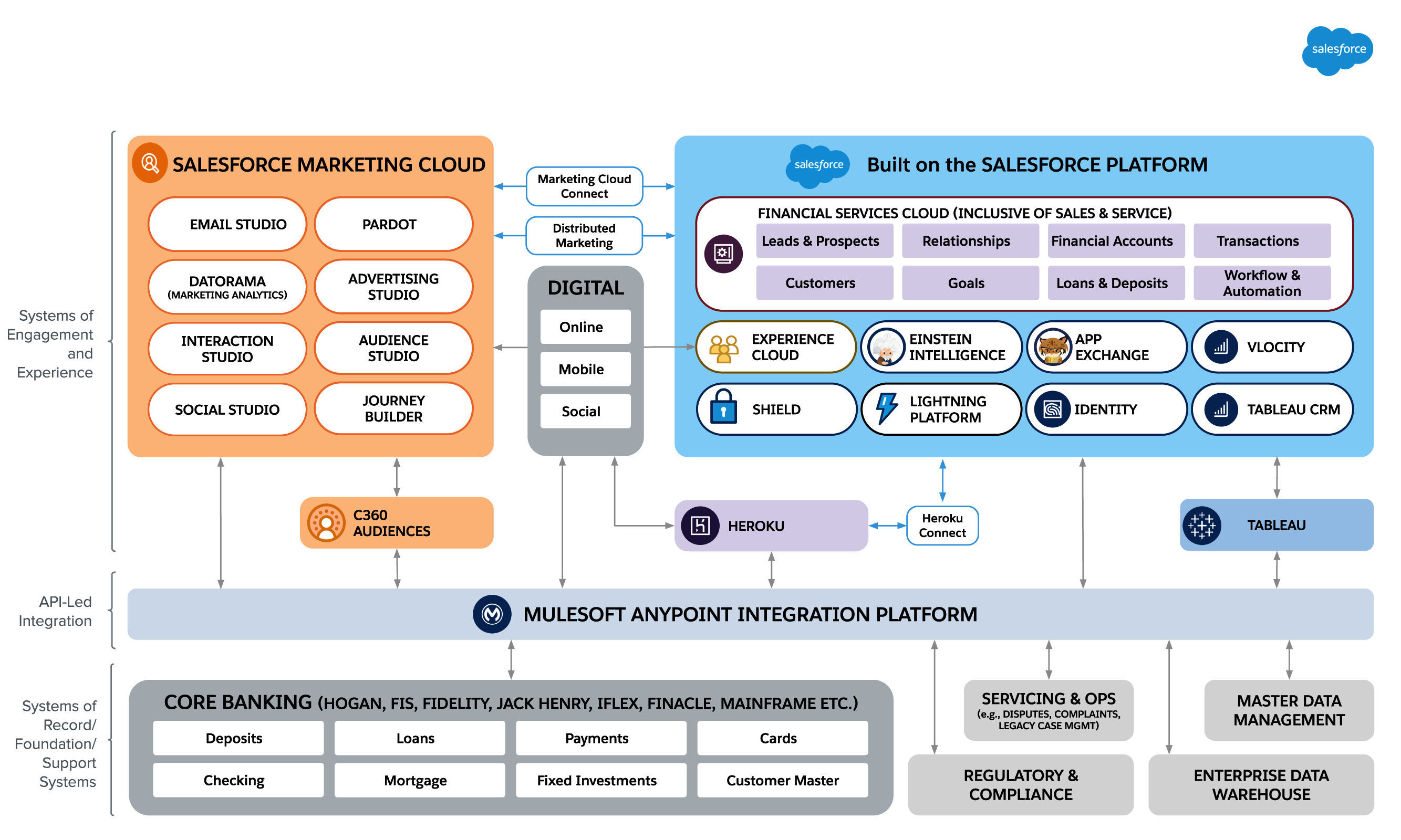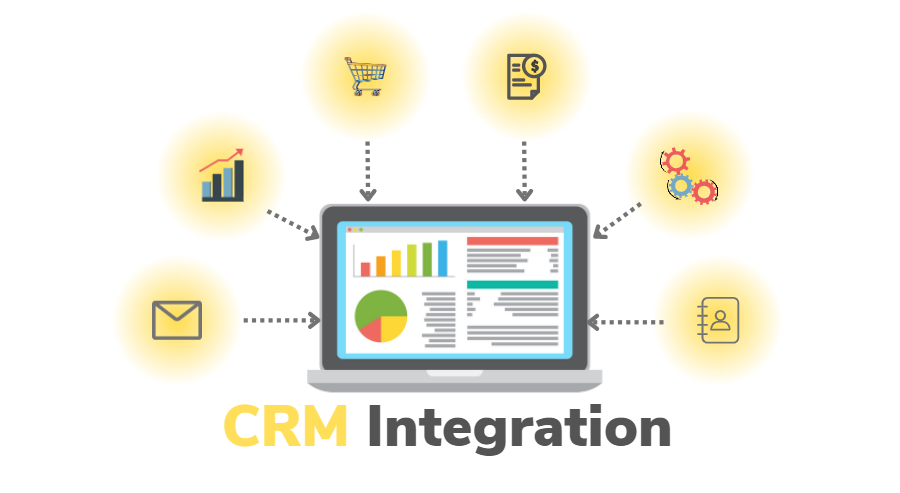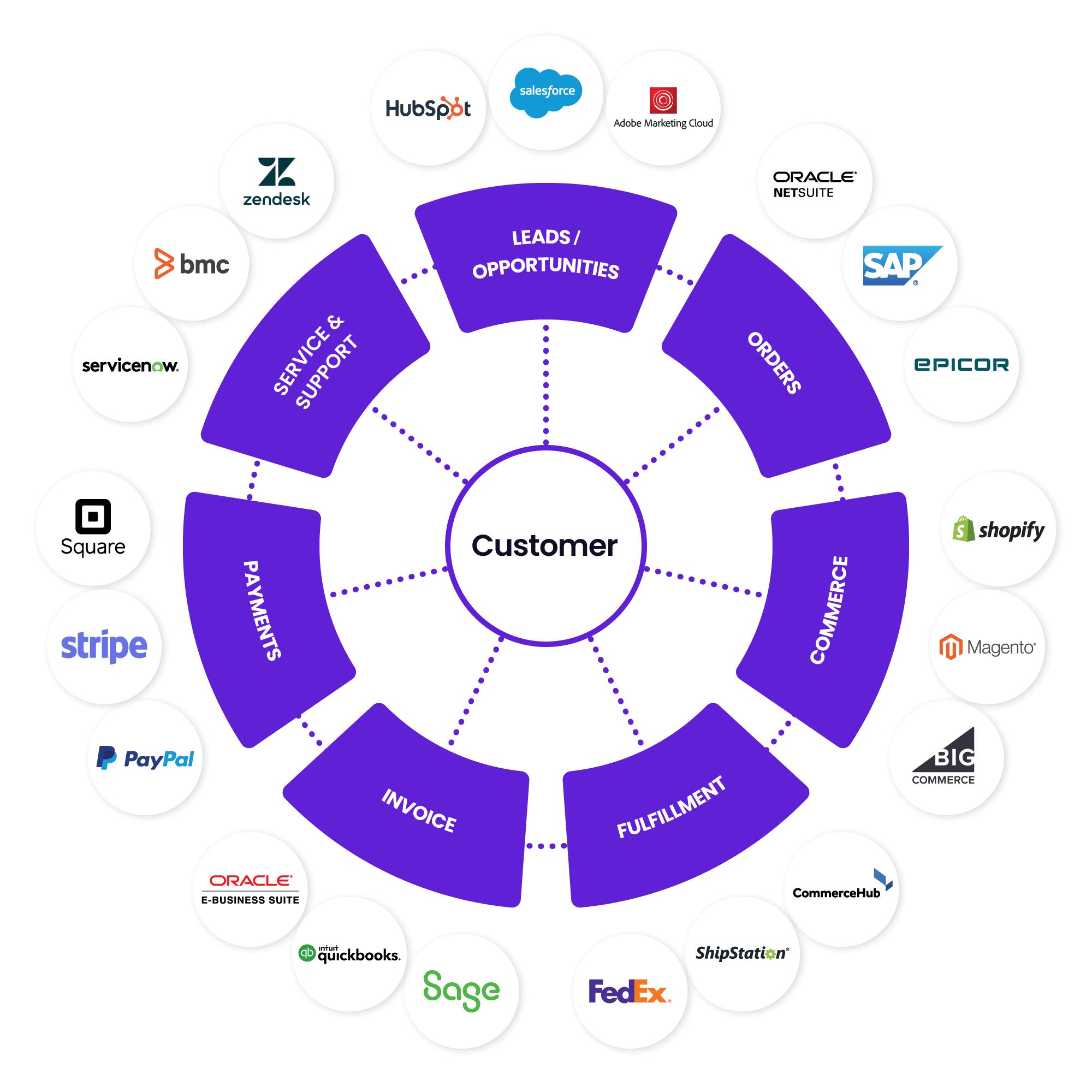In today’s digital landscape, CRM integration services have emerged as a transformative force, empowering businesses to seamlessly connect their customer relationship management systems with other critical applications. By leveraging these services, organizations can streamline operations, enhance data accuracy, and elevate customer satisfaction to unprecedented heights.
The integration of CRM systems with other software solutions, such as marketing automation platforms, e-commerce systems, and accounting applications, enables businesses to gain a comprehensive view of their customers’ interactions and preferences. This holistic perspective empowers them to tailor personalized experiences, improve decision-making, and ultimately drive business growth.
CRM Integration Overview

CRM integration is the process of connecting a customer relationship management (CRM) system with other business applications, such as marketing automation, salesforce automation, and customer service software. By integrating CRM with other systems, businesses can gain a complete view of their customers and their interactions with the company.
There are many benefits to integrating CRM with other systems. These benefits include:
- Improved customer service
- Increased sales
- Improved marketing ROI
- Reduced costs
- Increased efficiency
There are many examples of successful CRM integrations. Some of these examples include:
- Salesforce and Marketo
- HubSpot and Salesforce
- Microsoft Dynamics CRM and SugarCRM
Types of CRM Integration Services

CRM integration services come in various forms, each tailored to specific business needs and technical capabilities. Understanding the different types of integration services is crucial for selecting the most suitable solution.
One key distinction lies in the deployment model: cloud-based vs. on-premises integration.
Cloud-Based CRM Integration
Cloud-based CRM integration services reside on remote servers managed by third-party providers. This eliminates the need for on-site infrastructure, reducing upfront costs and ongoing maintenance. Cloud-based solutions offer scalability, flexibility, and accessibility from any device with an internet connection.
On-Premises CRM Integration
On-premises CRM integration involves installing and maintaining the integration software within the organization’s own infrastructure. This approach provides greater control over data security and customization but requires significant upfront investment and ongoing maintenance.
Role of APIs and Middleware in CRM Integration
APIs (Application Programming Interfaces) play a vital role in CRM integration by exposing data and functionality to other applications. Middleware, a software layer that bridges different systems, facilitates communication between CRM and other applications by translating data formats and protocols.
Benefits of Using a CRM Integration Service
Harnessing a CRM integration service offers a plethora of advantages that streamline operations, enhance precision, and elevate customer satisfaction. By seamlessly connecting your CRM with other business applications, you can automate tasks, eliminate data silos, and gain a comprehensive view of your customer interactions.
Improved Efficiency
Integration eliminates manual data entry, reducing errors and saving valuable time. Automated workflows trigger actions based on specific events, streamlining processes and increasing productivity. A study by Salesforce found that companies that integrated their CRM experienced a 26% increase in efficiency.
Enhanced Accuracy
Data synchronization between systems ensures that all information is up-to-date and consistent. This eliminates the risk of human error and provides a reliable source of truth for your business decisions. A report by Aberdeen Group revealed that organizations that integrated their CRM saw a 40% reduction in data errors.
Increased Customer Satisfaction
A well-integrated CRM provides a 360-degree view of customer interactions, allowing you to personalize experiences and resolve issues promptly. Automated follow-ups and reminders nurture relationships, leading to higher customer satisfaction and loyalty. A study by Forrester Research found that companies that integrated their CRM reported a 15% increase in customer satisfaction.
4. Key Features to Consider When Choosing a CRM Integration Service
Selecting the right CRM integration service is crucial for optimizing your business processes. To make an informed decision, consider the following essential features:
Scalability, security, and ease of use are key factors to evaluate when choosing a CRM integration service. Let’s explore each of these in detail:
Scalability
As your business grows, your CRM system will need to scale accordingly. Choose a service that can support your current and future data volumes without compromising performance.
Security, Crm integration service
The security of your customer data is paramount. Ensure the integration service adheres to industry-standard security protocols and encryption measures to protect sensitive information.
Ease of Use
A user-friendly integration service will simplify the implementation and management process. Look for a service with an intuitive interface and comprehensive documentation.
| Feature | Integration Service A | Integration Service B | Integration Service C |
|---|---|---|---|
| Scalability | Supports up to 1 million records | Supports up to 5 million records | Supports unlimited records |
| Security | 256-bit encryption | AES-256 encryption | SOC 2 Type II certified |
| Ease of Use | Drag-and-drop interface | Code-free integration | Dedicated support team |
Best Practices for CRM Integration
Effective CRM integration requires careful planning, execution, and ongoing maintenance. By following best practices, businesses can maximize the benefits of their CRM systems and avoid common pitfalls.
One of the most important aspects of successful CRM integration is planning. This involves clearly defining the goals of the integration, identifying the data that needs to be integrated, and developing a detailed implementation plan. It is also essential to involve all stakeholders in the planning process, including business users, IT staff, and vendors.
Testing is another critical aspect of CRM integration. This involves thoroughly testing the integration to ensure that it is working as expected. Testing should be conducted in a variety of scenarios, including both normal and abnormal conditions.
Once the integration is complete, it is important to monitor it on an ongoing basis. This involves tracking key metrics, such as the number of records that are integrated, the time it takes to integrate records, and the number of errors that occur.
Monitoring allows businesses to identify and address any issues that may arise.
Tips for Avoiding Common Pitfalls
- Lack of planning:Failing to adequately plan for the integration can lead to delays, cost overruns, and poor performance.
- Insufficient testing:Inadequate testing can result in errors and downtime, which can disrupt business operations.
- Poor data quality:Integrating data from multiple sources can lead to data quality issues, such as duplicate records and missing data. It is important to cleanse and validate data before integrating it.
- Lack of user adoption:If users are not properly trained on the new CRM system, they may not adopt it, which can limit the benefits of the integration.
- Poor vendor support:Choosing a vendor that does not provide adequate support can lead to problems during and after the integration.
Future Trends in CRM Integration
The future of CRM integration is bright, with emerging trends shaping the way businesses connect their systems and streamline their operations.
Artificial intelligence (AI) and machine learning (ML) are at the forefront of these advancements, enabling automated data processing, predictive analytics, and personalized customer experiences.
Impact of Cloud Computing and SaaS on CRM Integration
Cloud computing and software as a service (SaaS) are transforming the CRM integration landscape, providing businesses with greater flexibility, scalability, and cost-effectiveness.
- Cloud-based CRM solutions eliminate the need for on-premise infrastructure, reducing IT costs and maintenance.
- SaaS platforms offer subscription-based access to CRM software, allowing businesses to scale their systems as needed without upfront capital investments.
- Cloud integration platforms provide seamless connectivity between cloud-based applications, simplifying data exchange and automating processes.
Last Point

CRM integration services are poised to continue their transformative journey, with emerging technologies such as artificial intelligence and machine learning playing a pivotal role in shaping the future of integration. As businesses embrace these advancements, they will unlock even greater value from their CRM systems, enabling them to achieve operational excellence and customer-centric success in the years to come.
FAQ Compilation: Crm Integration Service
What are the key benefits of using a CRM integration service?
CRM integration services offer a multitude of benefits, including improved data accuracy, enhanced efficiency, increased customer satisfaction, and streamlined business processes.
What types of CRM integration services are available?
There are various types of CRM integration services, including cloud-based, on-premises, and hybrid solutions. Each type offers unique advantages and considerations depending on the specific needs of the organization.
How can I choose the right CRM integration service for my business?
When selecting a CRM integration service, it’s essential to consider factors such as scalability, security, ease of use, and the specific features offered by the provider. It’s also advisable to seek recommendations and reviews from other businesses that have implemented similar solutions.